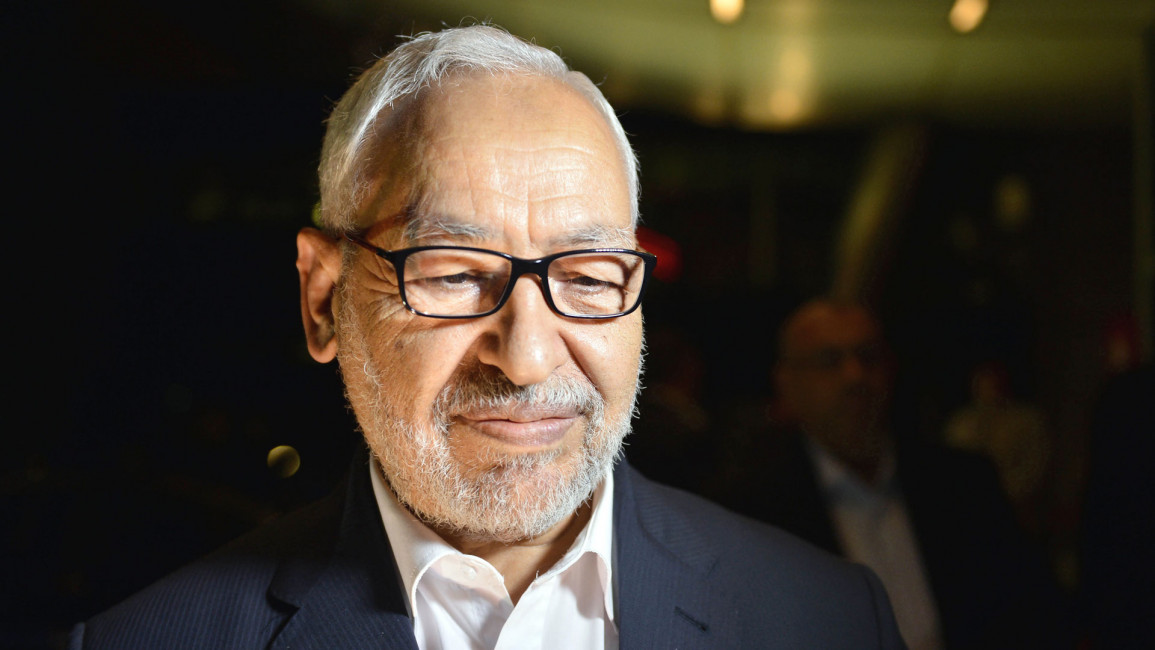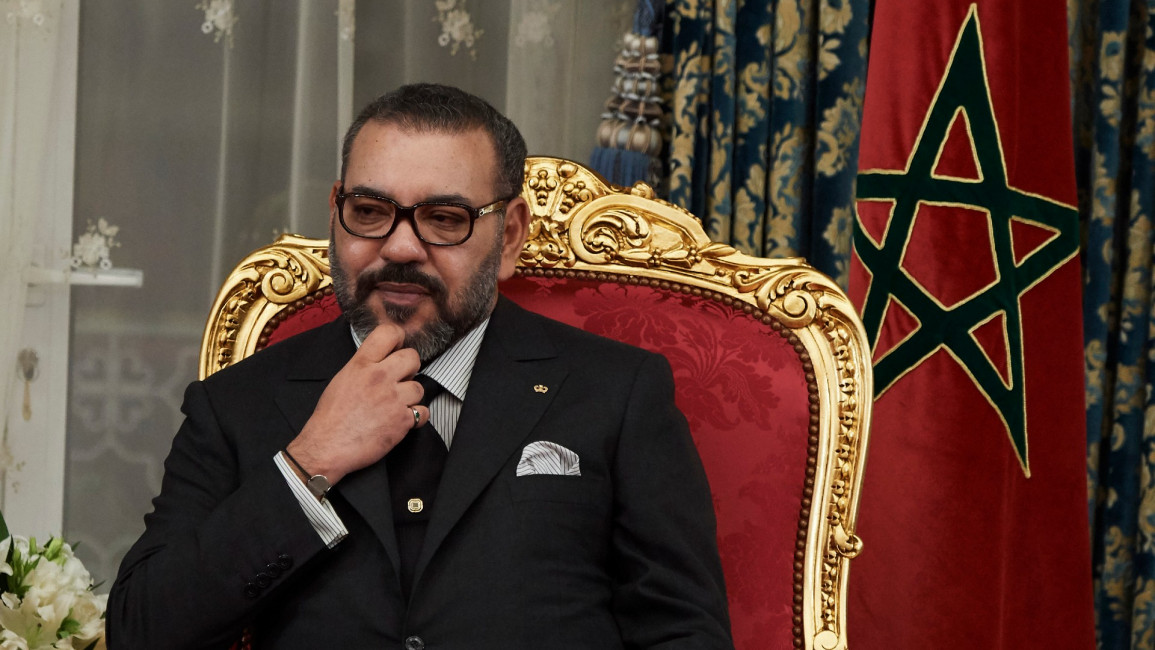Ennahdha rethinks neutral stance in Tunisian presidential poll
Tunisia's Ennahdha movement has signalled it is rethinking its "positive neutrality" in the country's presidential election after the first round produced no clear winner.
Neither of the frontrunner from Sunday's election - the interim president Moncef Marzouki and the Nidaa Tounes candidate Beji Caid Essebsi - won an outright majority and face a head-to-head second round contest.
And comments made during and after the poll have led to speculation that Ennahdha's neutral stance may change.
While casting his ballot on Sunday, Ali Laarayedh, Ennahdha's secretary general and probable parliamentary leader, said the movement would "not hesitate to modify its attitude toward the presidential elections if a runoff is required".
He said the movement would "study the results of the first round, and refer to its institutions to take a final decision".
On Monday, Ennahdha's leader, Rachid Ghannouchi, said the movement's shura council would "convene soon to look into the possibility of supporting a candidate in the runoff and reconsider its commitment to positive neutrality".
Sources following the situation believe Ghanouchi's statement is tantamount to an order for Ennahdha to declare support for Marzouki.
Those watching the Tunisian presidential elections, including Ennahdha leaders, say a considerable number of the movement's rank and file had joined Marzouki's campaign during the run-up to the election.
However, Ziad Laadhari, the movement's spokesman, told al-Araby al-Jadeed that Ennahdha had "not yet made up its mind as to which presidential candidate it will support".
He added the movement's shura council would "take the stand it deems right, including modifying its attitude toward a possible runoff".
Speaking to al-Araby, Marzouki campaign manager Adnan Mancer insisted that Ghannouchi's statement was "subject to all interpretations".
"It could mean a state of complete, actual impartiality by the movement, and does not necessarily mean direct support for a certain candidate," he said.
Ennahdha, which came second in parliamentary elections in October, did not nominate its own presidential candidate and its shura council did not direct supporters on voting.
Some believed Ennahdha's original stance signalled indirect support for the interim president, Moncef Marzouki, while others thought it would allow the movement to form alliances with Nidaa Tounes should Essebsi win.
Some inside the movement did not agree with the neutrality. Kalthoum Badr el-Deen, a former constituent assembly MP, said it should have adopted a clear position.
Ennahdha and Nida Tounes have also denied reports a meeting was held between Ghanouchi and Essebsi, to discuss who would get presidential posts and government portfolios.
Exit polls showed Essebsi had won between 42 and 47 percent of the vote on Sunday, while Marzouki won about 32 percent.
The provisional date for a presidential runoff is 28 December.
This is an edited translation from our Arabic edition.



